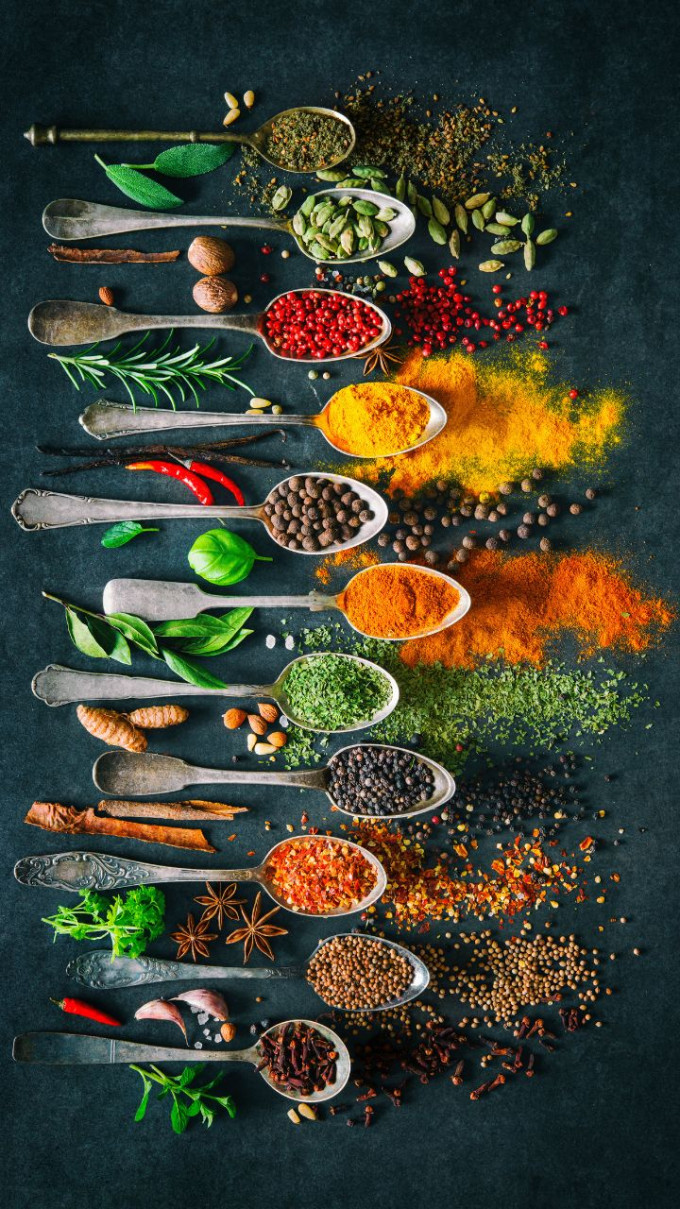Here’s how often you should you replace spices
We all know the frustration of reaching for a jar of your favourite spice only to find that it has lost its punch. But how often does this fragrant friend in your pantry go bad? Is that dusty jar of cinnamon from your grandma’s spice rack still safe to use?
Spices: the unsung heroes of our kitchens, transforming bland dishes into flavour explosions. But like any hero, spices eventually lose their potency. This begs the question: how often should you replace your spices to ensure they’re delivering the taste bud magic you crave?

According to G Sushma, clinical dietician, CARE Hospitals, Banjara Hills, Hyderabad, the frequency of replacing spices depends on various factors, including the type of spice, storage conditions, and how often you use them.
Do some spices go bad sooner than others?
Ground spices tend to lose their potency and flavour faster due to increased surface area exposed to air. Sushma recommended replacing them every 1-3 years for optimal flavour. On the other hand, she said whole spices typically have a longer shelf life, so they can last up to 4 years or even longer if stored properly. However, it’s still a good idea to replace them every few years to ensure freshness.
Explaining why this happens, Sushma said, “Ground spices have a larger surface area exposed to air, which accelerates oxidation and degradation of flavour compounds. Whole spices, on the other hand, have their outer shell intact, providing better protection against degradation.”
Fresh herbs, like parsley, cilantro, and dill, have a much shorter shelf life compared to dried spices. Herbs contain moisture, making them susceptible to mould growth if not stored properly.
 Do some spices go bad sooner than others? (file)
Do some spices go bad sooner than others? (file)
Spices with high oil content, such as nutmeg, paprika, and cumin seeds, are more prone to rancidity. The oils in these spices can oxidize over time, leading to off-flavours and unpleasant aromas. Dried herbs can lose their flavour and potency faster than spices due to the evaporation of volatile oils.
Sushma recommended that it’s best to replace dried herbs annually for the best flavour.
Proper storage is crucial for preserving the quality of spices, Sushma noted. “Improper storage, such as exposure to light, heat, and moisture, can hasten the deterioration of spices. Storing spices in transparent containers or near sources of heat can cause them to lose flavour and aroma more quickly,” she said.
What happens if you eat spices that have gone bad?
Eating spices that have gone bad may lead to unpleasant consequences and potential health issues in some cases, said Sushma. Here are some potential outcomes of consuming expired or spoiled spices, according to her:
-
01
Loss of Flavour and Aroma
Expired spices often lose their potency, flavour, and aroma. Consuming spices that have gone bad won't provide the desired taste in your dishes and may even ruin the flavour profile.
-
02
Digestive Discomfort
Expired spices may cause mild digestive discomfort, such as nausea, bloating, stomach cramps, or diarrhea. This is more likely to occur if the spices have been contaminated with mold or bacteria.
-
03
Allergic Reactions
Some individuals may be allergic to certain spices or components within them. Consuming expired spices, especially if they have developed mould or have been contaminated, can trigger allergic reactions in sensitive individuals.
-
04
Bacterial Contamination
Expired spices may also be contaminated with harmful bacteria, such as Salmonella or E. coli, especially if they were exposed to moisture or stored in unsanitary conditions. Consumption of contaminated spices can lead to foodborne illnesses.
-
05
Mould Contamination
Spices that have gone bad may harbour mould, especially if they were not stored properly. Mould growth on spices can produce mycotoxins, which are toxic compounds that can cause adverse health effects if ingested in large amounts.
While the risks associated with consuming expired spices are generally low, it’s still advisable to discard spices that have passed their expiration date or show signs of spoilage, such as unusual odour, discolouration, or presence of mould.
Disclaimer: The copyright of this article belongs to the original author. Reposting this article is solely for the purpose of information dissemination and does not constitute any investment advice. If there is any infringement, please contact us immediately. We will make corrections or deletions as necessary. Thank you.
